
For 7 years there has been bitter partisan fighting, obstruction of anything proposed by the “other” political party. Major legislation like the American Health Care Act and the Financial Choice Act, were passed by party line votes only with no input from the opposing party. Politically Democrats are from Mars and Republicans are from Venus, both doing their best to burn to the ground any policy initiative that the other is attempting to build. But from those partisan ashes a phoenix is rising restoring hope that true democratic bipartisanship rule can still work.
40 members of Congress equally divided between Republicans and Democrats, some from districts that the other party’s presidential candidate won, are positioning themselves for an influential role in saving and repairing Obamacare. Even more important than saving and repairing Obamacare, these 40 lawmakers known as the “Problem Solver Caucus” are reminding us what Democrats and Republicans can accomplish together, bipartisanship.
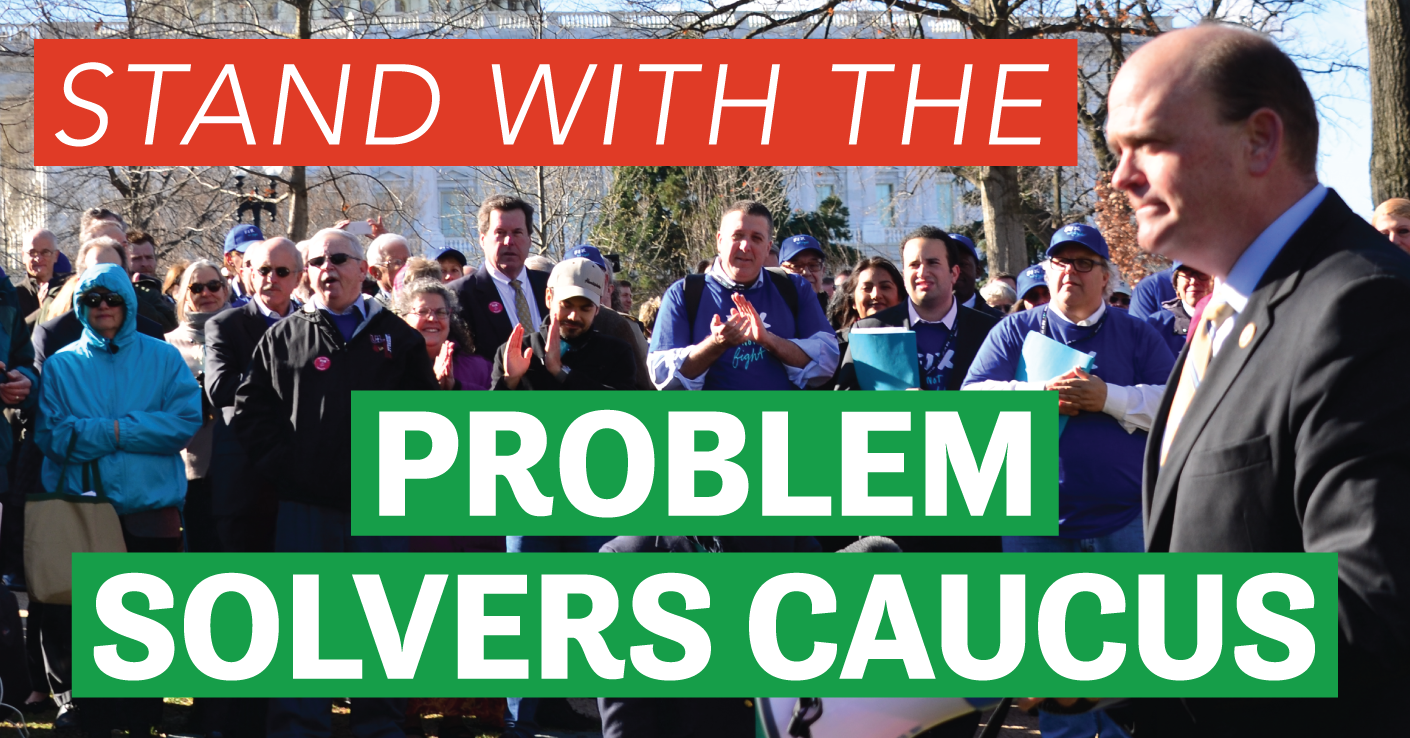
The Caucus which is co-chaired by Republican Tom Reed and Democrat Josh Gottheimer, demonstrated its effectiveness earlier this year by using its influence to get the FY17 funding bill passed. The bipartisan Caucus previously indicated that it would lead the effort to avoid a government shutdown by supporting such a funding bill if it contained no ideological riders.
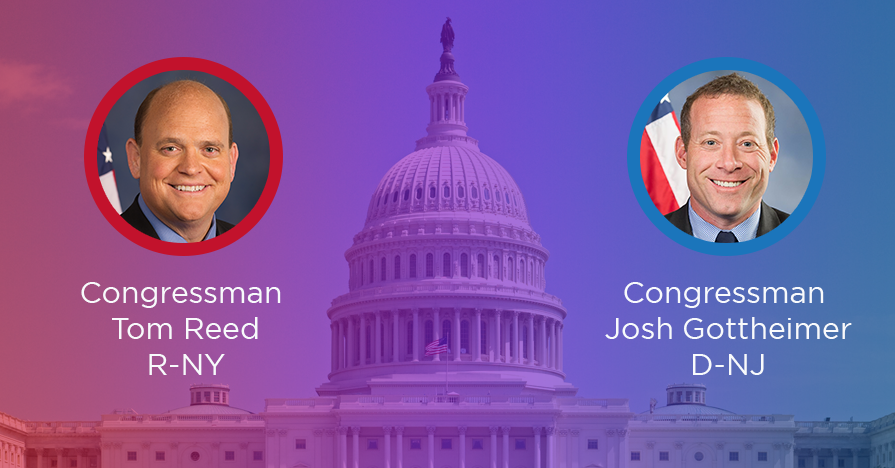
Trying to fill the void left by the failed Senate repeal Obamacare vote, the Caucus has unveiled a plan to fix Obamacare marketplaces without dismantling its basic architecture. The plan focuses on immediately stabilizing the insurance market and then pushing for Obamacare changes that have received bipartisanship backing in the past. It achieves this through the following 5 policy proposals:
1) Fully fund Cost-Sharing-Reduction (CSR) payments
President Trump threatens to withhold the $8 billion CSR federal payments to insurers which fund a program that reduces out-of-pocket costs for low-income people. Without these cost-sharing reduction payments, insurers would have to raise premiums in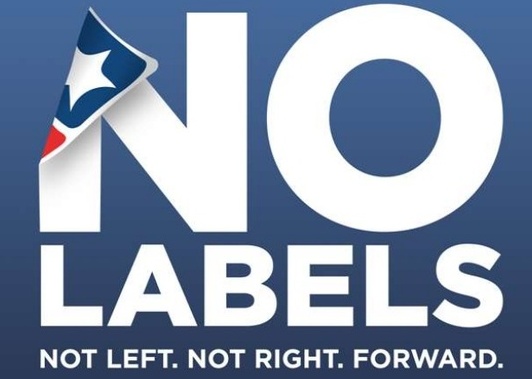 order to finance the program or abandon markets that might become unprofitable to them. Insurance companies have made clear that Trump-induced uncertainty surrounding these payments has already forced them to raise prices. The Caucus’s plan would fully fund the cost-sharing payments, immediately relieving uncertainty that is harming people’s access to insurance coverage.
order to finance the program or abandon markets that might become unprofitable to them. Insurance companies have made clear that Trump-induced uncertainty surrounding these payments has already forced them to raise prices. The Caucus’s plan would fully fund the cost-sharing payments, immediately relieving uncertainty that is harming people’s access to insurance coverage.
2) Create Stability Fund
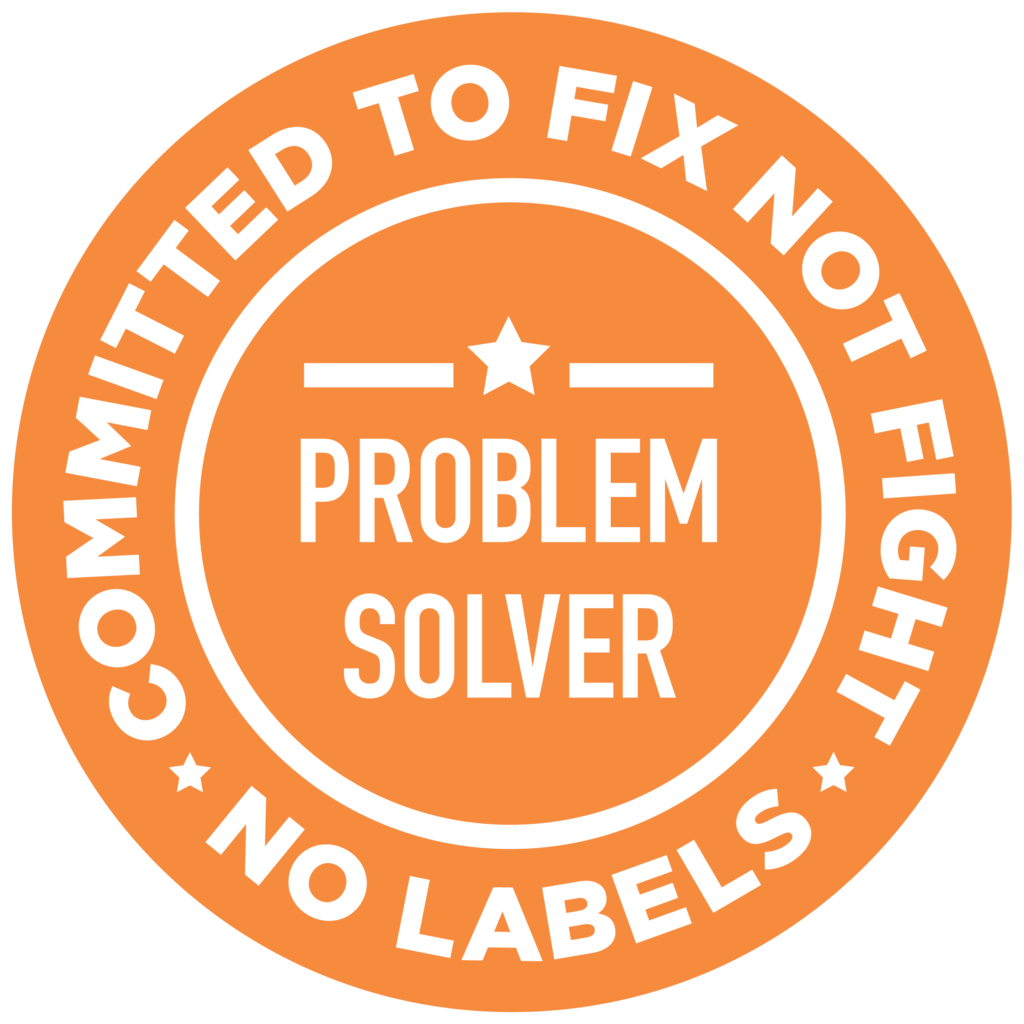 This proposal would set aside money that states could use to bolster their individual insurance markets in other ways. They could, for example, create reinsurance programs and other schemes that helped insurers cope with customers who required a great deal of expensive care. This would drive down premiums generally across the board.
This proposal would set aside money that states could use to bolster their individual insurance markets in other ways. They could, for example, create reinsurance programs and other schemes that helped insurers cope with customers who required a great deal of expensive care. This would drive down premiums generally across the board.
3) Change employer mandate
Change Obamacare’s employer mandate so that it applies only to companies with more than 500 workers. Currently companies with at least 50 workers can be hit with a tax penalty if they don’t provide coverage to their workers.
4) Repeal the tax on medical devices
Eliminate the tax on things like pacemakers and hip implants
5) Provide clear guidelines on how States can innovate
Expand the opportunity for states to experiment with different  ways of covering their people such as selling insurance policies across state lines.
ways of covering their people such as selling insurance policies across state lines.
These 5 policy proposals are a result of 20 House Republicans sitting down with 20 House Democrats. They put politics aside to come up with workable and most importantly realistic compromises that people willing to do the right thing can work with, a perfect example of bipartisanship working at its best.
The partisan 32 House member Freedom Caucus with it’s no compromise repeal Obamacare opposition, has burned down any attempts to find common ground with those of differing opinions.
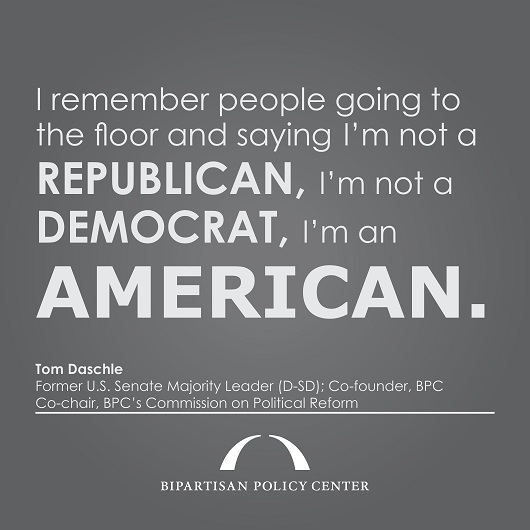
The bipartisan 40 member Problem Solver Caucus is the Phoenix of hope, rationality, compromise and achievement rising from the burnt out ash heap of polarized partisan politics. Hopefully the Senate is taking note, forming a Problem Solver Caucus in the Senate would guarantee American democracy is functioning normally again.

Thanks Problem Solver Caucus for showing us how through all the hell of partisan politics the heartbeat of democracy, bipartisan politics, beats on.



